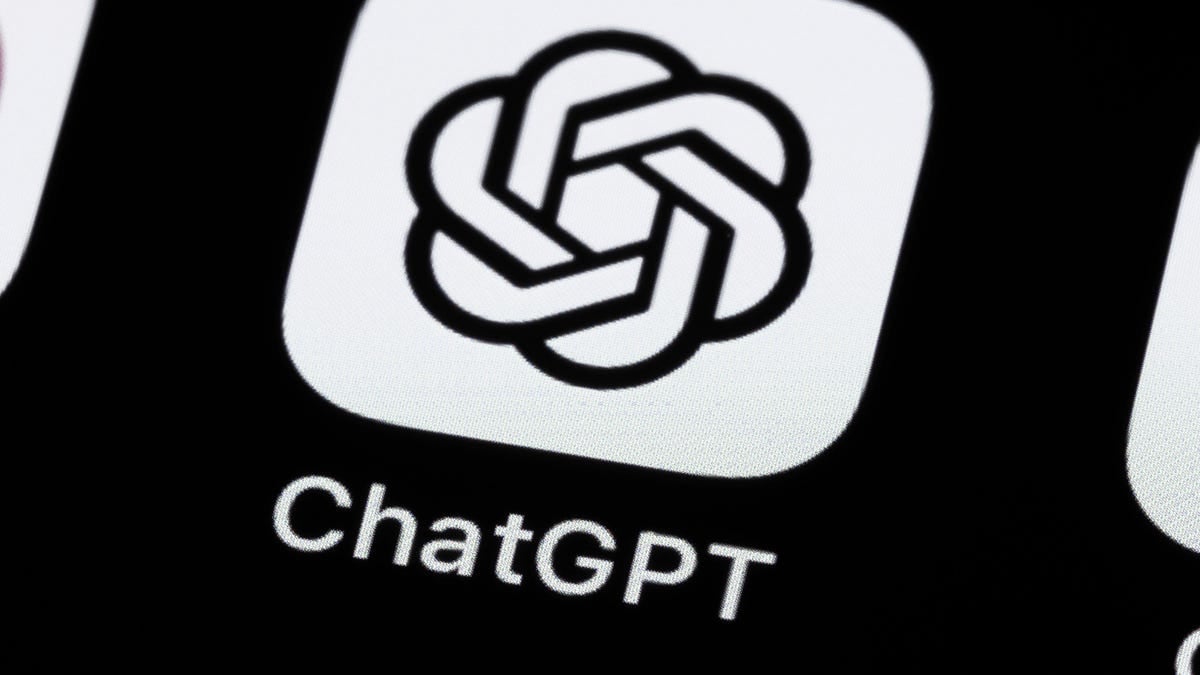- cross-posted to:
- [email protected]
- cross-posted to:
- [email protected]
The research from Purdue University, first spotted by news outlet Futurism, was presented earlier this month at the Computer-Human Interaction Conference in Hawaii and looked at 517 programming questions on Stack Overflow that were then fed to ChatGPT.
“Our analysis shows that 52% of ChatGPT answers contain incorrect information and 77% are verbose,” the new study explained. “Nonetheless, our user study participants still preferred ChatGPT answers 35% of the time due to their comprehensiveness and well-articulated language style.”
Disturbingly, programmers in the study didn’t always catch the mistakes being produced by the AI chatbot.
“However, they also overlooked the misinformation in the ChatGPT answers 39% of the time,” according to the study. “This implies the need to counter misinformation in ChatGPT answers to programming questions and raise awareness of the risks associated with seemingly correct answers.”



That’s been my experience with GPT - every answer Is a hallucination to some extent, so nearly every answer I receive is inaccurate in some ways. However, the same applies if I was asking a human colleague unfamiliar with a particular system to help me debug something - their answers will be quite inaccurate too, but I’m not expecting them to be accurate, just to have helpful suggestions of things to try.
I still prefer the human colleague in most situations, but if that’s not possible or convenient GPT sometimes at least gets me on the right path.
And ya, it did provide some useful info, so it’s not like it was all wrong.
I’m more just surprised that it was wrong in that way.